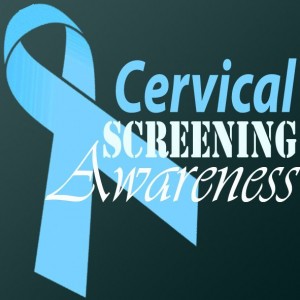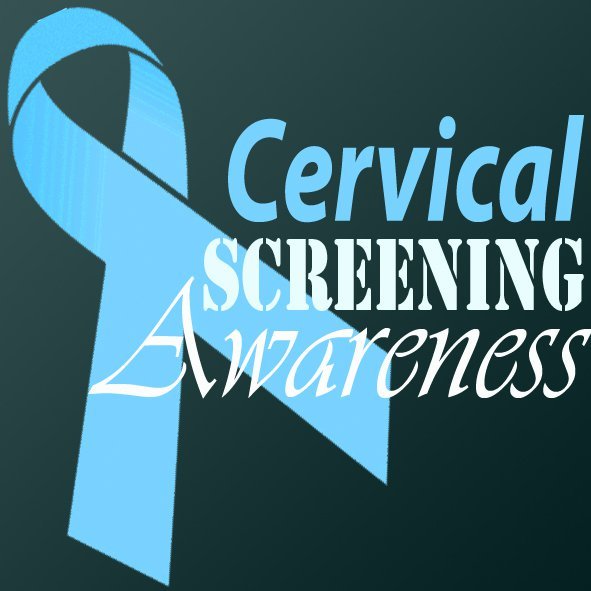With the majority of cases of cervical cancer occurring in women who have either never had a screening test, or who have not had a screening test in the last three to five years, the Public Health Agency (PHA) is reminding women during Cervical Screening Awareness Week (7 – 13 June) to take up the invitation to have a regular screening test for cervical cancer – it could literally save your life.
With an average of 105 women diagnosed with cervical cancer and 24 women dying from the disease each year in Northern Ireland, it is important for individuals to accept their invitation for a screening test.
The cervical screening programme is offered to women aged 25–49 every three years, and 50–64 year olds every five years in Northern Ireland.
The screening aims to prevent cancer from occurring in the first place, as the majority of cases of cervical cancer occur in women who have either never had a screening test, or who have not had a screening test in the last three to five years.
“The programme involves a smear test to check the health of the cervix. It is the best way of detecting early changes in the cells lining the cervix – changes that don’t cause any symptoms but which could go on to develop into cervical cancer if left untreated.”
Attending for regular smear tests remains the best way of significantly reducing the risk of developing cervical cancer. It is estimated that in a well-screened population, four out of five cervical cancers can be prevented.
Dr Owen continued: “I would strongly encourage all women, particularly those who have just been invited for screening for the first time, to see it as a positive step in looking after their health. The test only takes a few minutes and can be carried out by a female doctor or nurse if you prefer.
“While the proportion of Northern Ireland women having a smear test has increased year-on-year over the last six years, we would like to see more women attending for regular smear tests. This is one of the few cancers that are preventable, so it is important for women to get screened when they are invited to do so – it could literally save their life.”
Women of any age who are concerned about symptoms such as abnormal bleeding, or pain or discomfort in the lower pelvis, should seek advice from their GP. More information about the cervical cancer screening programme is available on www.cancerscreening.hscni.net.






